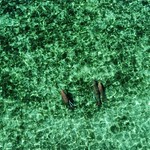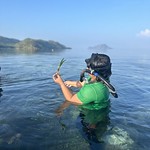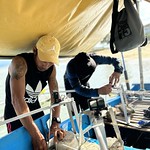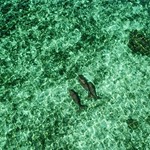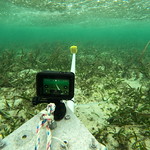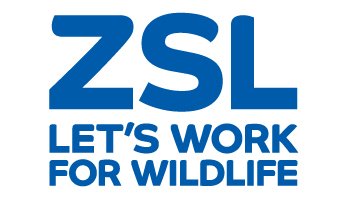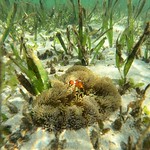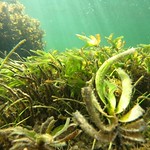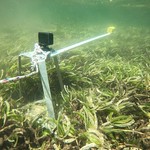Established in 2010, C3 is a recognized leader in coastal biodiversity protection, working with communities, stakeholders and partners to develop and deliver homegrown conservation programmes, and is recognized as the national lead agency for research and management of dugong in the Philippines.
C3 is centered on the belief that community empowerment is essential to the success and sustainability of any conservation and rehabilitation efforts. The organization promotes community-based biodiversity conservation, species and habitat management, community enterprise development, conservation and outreach capacity building for, and across Northern Palawan and the Calamian Islands. C3 established its first field station in the Calamianes Islands in 2011, pioneering the first dugong conservation programme and locally managed marine protected area (LMMA) in the Philippines.
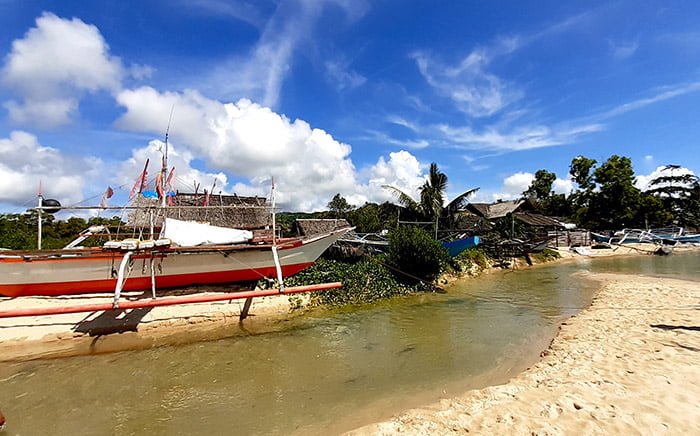
Based in Busuanga, Calauit, C3 continues to act as an advisory body to the indigenous community managing the LMMA and is working to establish a dugong watching enterprise on Calauit Island and develop national dugong watching guidelines.
They are the first organization in the Philippines to use unmanned aerial vehicles (UAVs) to monitor and assess turtle and dugong populations, and have launched several successful enterprises linked to dugong conservation that have generated employment for women, LGBT and unemployed youth.
C3 is the first organization in the Philippines to use unmanned aerial vehicles (UAVs) to monitor and assess dugong populations
Dugong drone survey on Calawit Island 2020, Busuanga, Palawan. (© H.Garay, C3 Philippines)
C3 will implement the Seagrass Ecosystem Services Project at two sites within Northern Palawan: Busuanga and Roxas. Both areas are known for their rich biodiversity and rare, vulnerable species such as dugongs, turtles and unique seagrass.
In Busuanga, C3 has been working with the Tagbanua indigenous peoples since 2017, to establish a local participatory dugong monitoring programme aimed at determining spatial distribution, habitat-use patterns and risks for dugongs. The Seagrass Ecosystem Services Project will build on this initiative further.
In Roxas, there are currently no active dugong protection or monitoring programmes, and the indigenous community is not actively involved in meaningful conservation efforts. In 2016, a new unrecorded species of seagrass in the Philippines – Halophila major – was identified in Roxas.
Under the Seagrass Ecosystem Services Project, C3 will scale up their successful community-based approaches and environmental stewardship to conserve more than 1,000 ha of seagrass beds, impacting a population of about 2,000 residents, including indigenous groups.
In the last decade both Busuanga and Roxas have experienced a phenomenal increase in tourism, bringing challenges such as pollution, boat traffic, and illegal logging for construction.
ZSL Philippines is a local branch office of the Zoological Society of London, mandated to promote and achieve the worldwide conservation of animals and their habitats.
In the Philippines, ZSL implements conservation work in partnership with local stakeholders, focusing on initiatives such as community-led mangrove and seagrass rehabilitation and conservation efforts; establishing locally managed marine protected areas (LMMA); and promoting innovative livelihoods, such as recycling fishing nets into nylon carpet tiles.
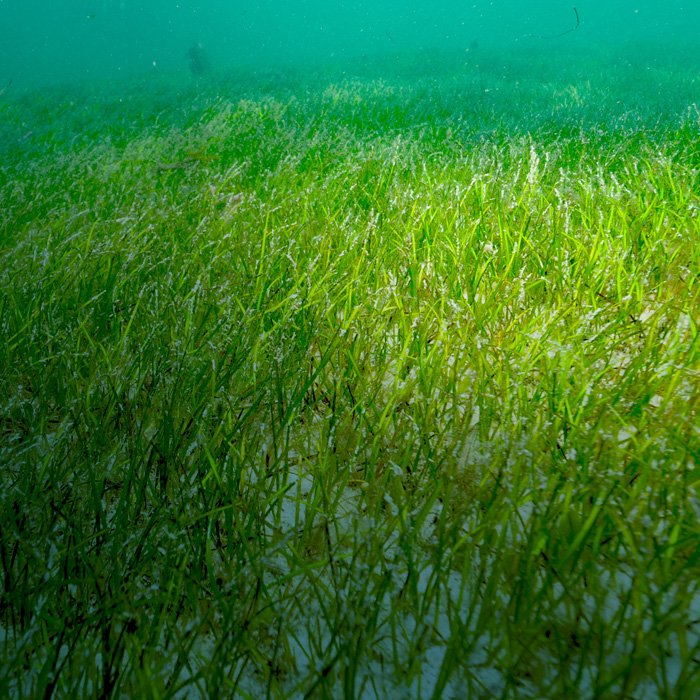
ZSL will implement the Seagrass Ecosystem Services Project in Uluang Bay on the island of Palawan, where there is an impressive diversity of seagrass species and regular dugong sightings.
However, overfishing is a problem in the area and ZSL plans to address this by creating no-take zones in seagrass areas in order to help the meadows recover from gleaning and other forms of harvesting.
At the same time, they will advocate for more seagrass-focused policies and marine protected areas, whilst working with local fishing communities to establish sustainable practices and diversify livelihoods.
Overfishing is a problem which ZSL plans to address by creating no-take zones in seagrass areas.
SES Project Locations

